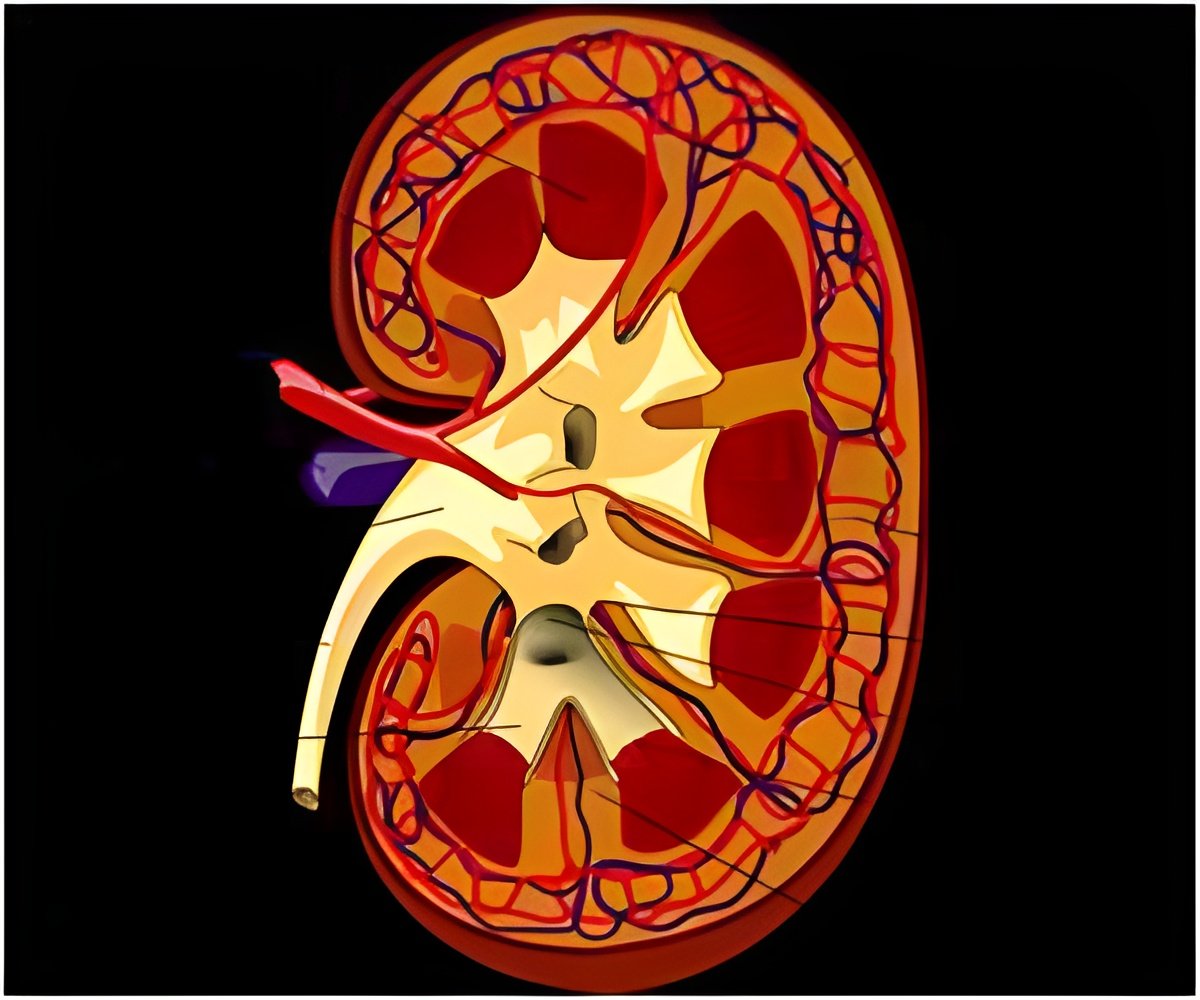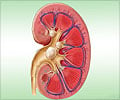A new study reveals that the number of complications caused by minimally invasive procedures to remove kidney stones has risen with the number of people undergoing the surgery.

The focus of the investigation was the procedure, percutaneous nephrolithotomy, or PCNL, in which a surgeon removes medium to large kidney stones through a small incision in the back using a hollow scope.
Minimally invasive procedures used for treating a wide range of medical conditions have increased in recent years, and the Henry Ford researchers set out to find how much and to what effect this is true for this specific procedure.
"What we found is that the use of PCNL in this country has increased," Dr. Ghani said, "and more women than men have the procedure.
"We also discovered that while the rate of PCNL-related death is low and has remained so, incidence of blood infection and overall complications has increased."
The population-based study looked at data from the Nationwide Inpatient Sample, a database of inpatient hospital stays used by researchers to find, track and analyze national health care trends. The database catalogs some 8 million cases from more than 1,000 hospitals in 44 states.
Advertisement
In addition, Henry Ford researchers tracked and analyzed trends in patient age; complications before, during and after the procedure; other disorders or diseases that existed at the time of the surgery; and in-hospital deaths.
Advertisement
The results showed:
- PCNL use rose from 3.0 to 3.63 per 100,000 men, and from 2.99 to 4.07 per 100,000 women during the study period. This represented a 0.03 percent increase in men who underwent the procedure compared to a 2.54 percent increase in women.
- Co-morbidity, or the presence of other disorders or disease at the time of surgery, increased during the study time-span.
- At the same time, overall complications increased from 12.2 percent in 1999 to 15.6 percent in 2009.
- Significantly, the incidence of sepsis – or blood infection – doubled, rising from 1.2 percent to 2.4 percent.
- The rate of PCNL-related death remained essentially unchanged at 0 to 0.4 percent.
Dr. Ghani and his associates concluded that patients were at higher risk of developing complications if they were older, sicker and treated in more recent years. And though the rate of deaths associated with the procedure remained statistically flat, those cases that did occur were found with older patients.
"We believe the broad use of this procedure, especially in older and sicker patients, may be the reason for these changes," Dr. Ghani said.
Source-Eurekalert















